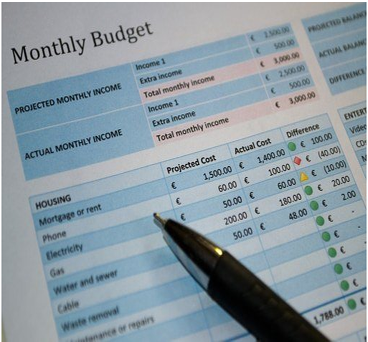Associate degree in Accounting
Associate Degrees in Accounting An associate degree in accounting combines theory and practice to help prepare students to analyze and report on private and public institutions’ financial and economic activities. Students will develop skills in managerial accounting, basic cost accounting, budgeting, accounting information systems, principles of auditing and internal controls, financial analysis and reporting, internal and external auditing, taxation, and international accounting. All companies and agencies need accounting departments to keep their finances on track; as an accountant, you will have a wide range of directions to choose from, so let us help you to get your accounting degree.



